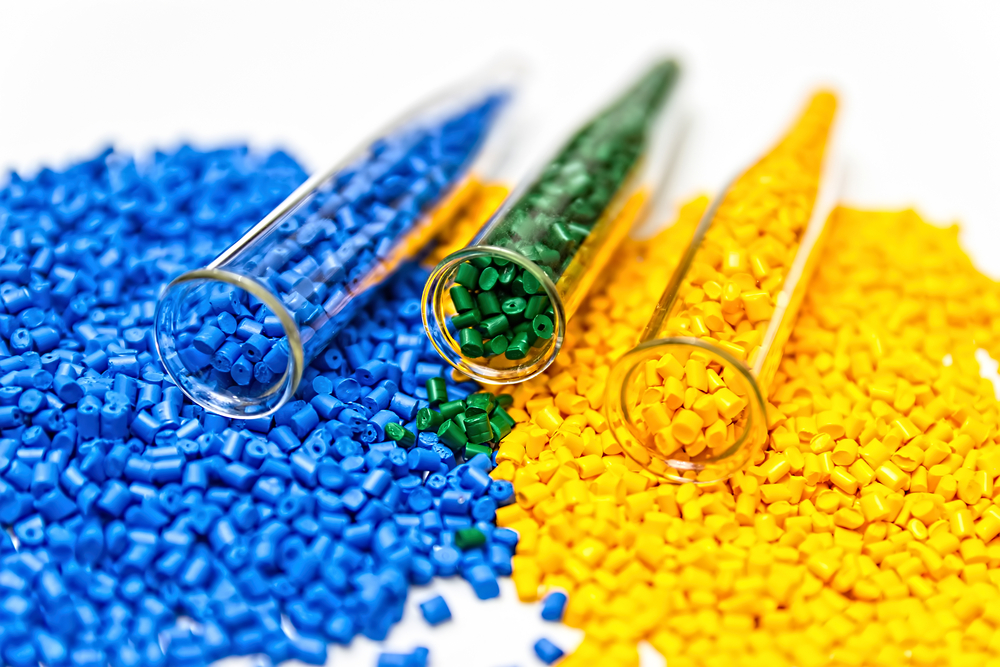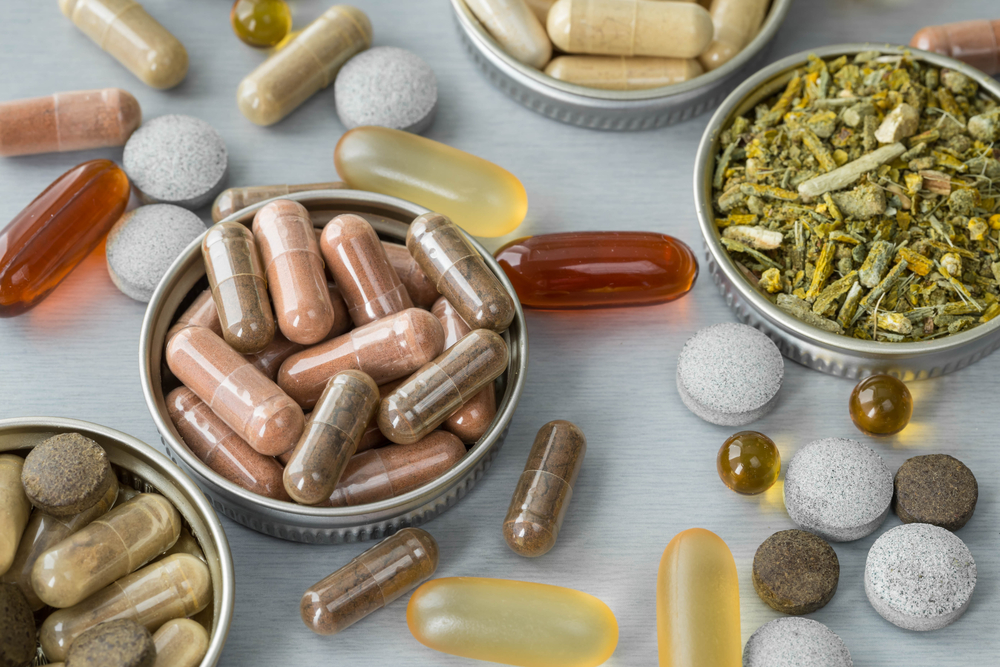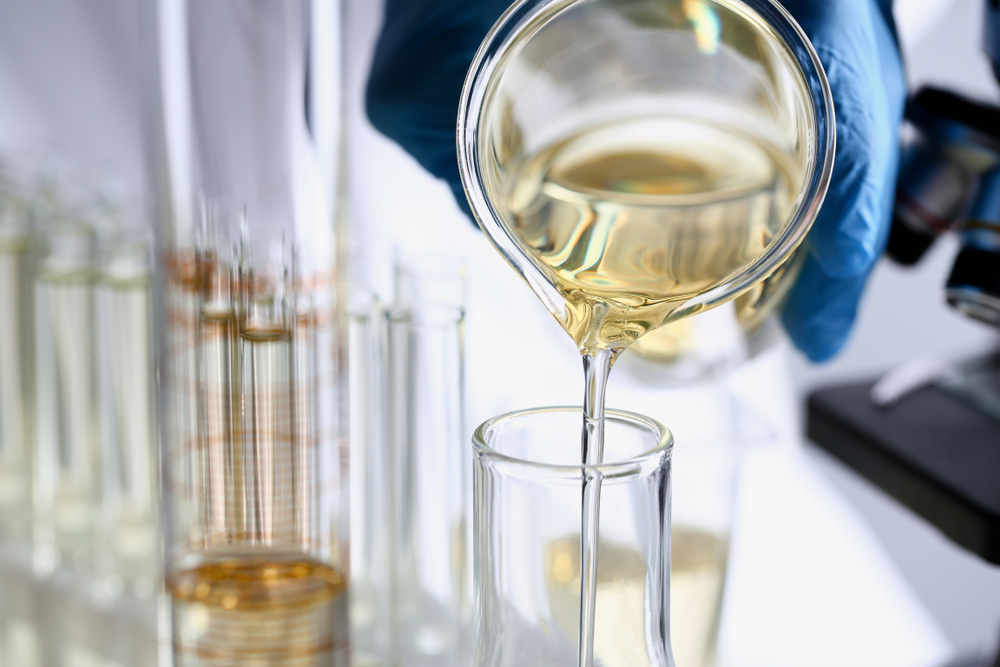
Raw materials. They’re the building blocks of any manufacturing process, but when it comes to nutraceuticals, the importance of raw materials cannot be overstated.
As you likely know, nutraceuticals are dietary supplements or medicinally used food products that aid in the prevention, management, and treatment of various health conditions – and the quality of raw materials used in nutraceutical manufacturing directly impacts the efficacy and safety of the end product.
Imagine building a house without sturdy bricks or concrete – the structure would be weak and unsafe. Similarly, using substandard raw materials in nutraceutical manufacturing can result in harmful or ineffective products; these not only fail to serve their intended purpose but can also pose significant health risks.
In fact, the global demand for nutraceuticals has been on the rise. With the industry’s market size expected to grow by more than 9% by 2030, this has put a spotlight on the importance of using high-quality raw materials in nutraceutical manufacturing.
Let’s take a closer look at the world of raw materials – and explore how they play a pivotal role in the making of nutraceuticals with impeccable quality, safety, and efficacy.
Introduction to Nutraceuticals and Raw Materials

Nutraceuticals have become increasingly popular in recent years. People are looking for natural ways to support their health and well-being, and nutraceuticals are able to meet that innate demand.
As you might expect, raw materials play a vital role in the formulation of nutraceutical products. Access to high-quality raw materials is essential for the production of effective nutraceuticals.
Here’s how.
Defining Nutraceuticals
First, what exactly are nutraceuticals?
The term “nutraceutical” was first coined by Dr. Stephen DeFelice, founder and chairman of the Foundation for Innovation in Medicine, in 1989. It is a combination of the words “nutrition” and “pharmaceutical,” and simply describes a natural product that provides therapeutic benefits beyond basic nutrition.
Nutraceuticals can include a wide range of products, including vitamins, minerals, herbs, botanicals, amino acids, and enzymes. They are often used to support various health conditions, such as heart disease, diabetes, and cancer, and to promote overall health and well-being.
Importance of Raw Materials in Nutraceutical Formulations

The quality of raw materials used in the production of nutraceuticals can have a significant impact on the effectiveness of the final product.
High-quality raw materials are essential for producing consistent and reliable results and can help ensure that the product is safe for consumption. Raw materials can also impact the flavor, texture, and appearance of the final product, making it more appealing overall to consumers.
The raw materials used in nutraceutical formulations can include extracts, powders, and oils, all from various plant and animal sources. When done correctly, these materials are often carefully sourced from specific regions of the world that are known for their high-quality ingredients.
Suppliers of raw materials must work closely with nutraceutical manufacturers to develop innovative products that meet the changing needs of consumers.
In addition to ensuring high-quality raw materials, manufacturers must also consider the stability and bioavailability of the final product.
The stability of a product refers to its ability to maintain its potency over time, while bioavailability refers to the body’s ability to absorb and utilize the nutrients in the product. The careful formulation and selection of raw materials can help to guarantee that the final product is both stable and bioavailable, key elements in creating a quality product.
Navigating the Landscape of Nutraceutical Raw Materials
If you’re selling nutraceuticals, then you know that the foundation of your product is the raw materials. You need quality ingredients to make a quality product – it’s that simple.
But finding the right raw materials can be a challenge. The nutraceutical market is full of competing suppliers and manufacturers, and even a small difference in quality can make a big impact on your product’s efficacy.
Here’s what you need to know about the larger landscape of nutraceuticals and raw materials.
Sourcing and Quality Control

Again, the larger category of nutraceuticals is one that includes vitamins, minerals, herbal supplements, and even probiotics. The raw materials used to make these products are sourced from all over the world, which presents some unique challenges when it comes to quality control in particular.
Global sourcing practices are the norm in the nutraceutical industry, as many ingredients are not readily available in one country. However, this can make it difficult to ensure that the raw materials being used are of the highest quality.
Different countries have different regulatory standards, so it’s important to work with a manufacturer that has experience navigating these complexities.
That’s not the only thing to pay attention to. When it comes to nutraceuticals, purity and potency are everything. Consumers are looking for products that are safe, effective, and consistent. It’s up to the manufacturer to validate that the raw materials being used meet these standards. This is where quality assurance comes in.
Quality assurance in raw material selection involves a number of steps.
First, the manufacturer should verify the identity of the raw materials they are using. This means making sure that the ingredients are what they claim to be and are not adulterated with other substances. Next, they should test the raw materials to ensure that they meet certain purity and potency standards. This can include testing for heavy metals, pesticides, and other contaminants.
Overall, it’s important to work with a manufacturer that takes raw material sourcing and quality control seriously. That way, you can make sure the nutraceutical products you are selling are safe, effective, and consistent.
Challenges in Raw Material Sourcing for Nutraceuticals
One of the biggest challenges in raw material sourcing for nutraceuticals is ensuring quality. The raw materials used to create nutraceuticals need to be of the highest quality, as they are intended to be consumed by humans who are trying to resolve very specific health needs and issues.
When searching for a manufacturer, take some time to ask about their quality control processes and certifications, such as Good Manufacturing Practices (GMP) and ISO certifications. It’s also important to choose a manufacturer who sources their materials from reputable suppliers.
Another challenge in raw material sourcing is cost. Nutraceuticals are often marketed at a premium price, which means the cost of raw materials must be kept under control in order to maintain a healthy profit margin. When investigating potential manufacturers, you should also look for one who is able to offer competitive pricing without sacrificing quality. This may be a bit of a give-and-take, but being aware of both needs (rather than solely choosing the cheapest provider) is a smart move.
Regulatory Landscape for Nutraceutical Raw Materials
Regulations surrounding nutraceutical raw materials can also be a bit of a minefield. Different countries have different regulations regarding the use of certain ingredients in nutraceuticals. Some ingredients may be considered safe in one country but banned in another.
In the United States, nutraceuticals are regulated as dietary supplements under the Dietary Supplement Health and Education Act of 1994 (DSHEA). Under this law, manufacturers are responsible for ensuring that their products are safe and accurately labeled. The Food and Drug Administration (FDA) can take action against manufacturers who violate these regulations.
In Europe, nutraceuticals are regulated as food supplements under the Food Supplements Directive. This directive sets out rules regarding the composition, labeling, and advertising of food supplements. It also sets maximum levels for certain vitamins and minerals.
And, as you might expect, other countries have their own regulations regarding nutraceuticals. If you’re selling your products internationally, you’ll need to be aware of the regulations in each country you’re selling to.
Final Thoughts
When it comes to creating high-quality nutraceuticals, the raw materials you choose are just as important as the manufacturing process. Here at SMP Nutra, we take that into account.
With a team dedicated to ensuring only the highest quality ingredients are used in our manufacturing process, you can trust that your supplements will live up to the highest standards.
At SMP Nutra, we’re here to help you every step of the way. Contact us today to learn more – and get started on creating the best nutraceuticals possible.

